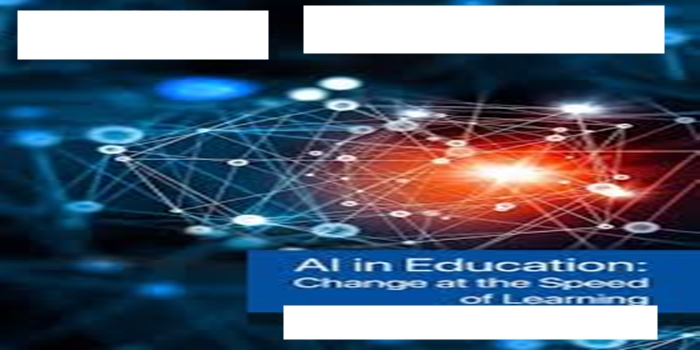This article discovers how AI could transform childcare and education, what benefits it offers, the potential risks, and how to navigate this evolving landscape responsibly.
The Possibilities of AI in Childcare and Education
AI’s possible to transform how children are raised and educated is vast, touching upon personalized learning, administrative streamlining, and even support for parents.
Personalized Learning Experiences:
Adaptive Learning Platforms: AI-powered educational apps and platforms can tailor learning experiences to each child’s unique needs, learning style, and pace. If a child struggles with a concept, the AI can provide additional practice, different explanations, or recommend supplementary resources.
Intelligent Tutoring Systems: These systems can mimic one-on-one tutoring, providing real-time feedback, identifying knowledge gaps, and offering targeted support. This can be particularly beneficial for subjects like math and language, where immediate feedback can solidify understanding. (Source 5.1)
Content Customization: AI can generate customized reading passages, math problems, and writing prompts based on a child’s interests and performance, making learning more engaging and relevant.
Accessibility and Inclusivity: AI tools can be adapted to support children with special educational needs and disabilities (SEND), offering tailored resources and enhancing communication. For instance, AI can aid in speech development through real-time conversations.
Streamlining Childcare and Administrative Tasks:
Operative Competence for Schools: AI-driven software can systematize administrative tasks like scheduling, attendance tracking, payroll, invoicing, and compliance with regulatory requirements, significantly reducing the workload for educators and childcare providers.
Personalized Matching for Parents: AI algorithms can help parents find suitable childcare providers or schools by analyzing preferences like location, cost, schedules, educational philosophies, and even a child’s specific needs.
Reflection and Valuation: AI can assist educators in organizing and presenting digital records and assessment information, saving time on documentation and allowing them to focus more on direct interaction with children. It can also provide data-driven insights into a child’s learning patterns, helping educators identify strengths and areas for support.
Autonomy and Control:
Parental Decision-Making: While AI can offer insights, it is crucial that parents remain the primary decision-makers in their children’s lives, especially regarding sensitive issues like learning strategies or emotional needs.
Surveillance Concerns: AI-powered monitoring tools, while offering peace of mind, can raise ethical questions about children’s privacy and autonomy, especially if used without transparency or as a replacement for trust-building.
Digital Divide and Equity:
Unequal Access: The benefits of AI in education might not be equally accessible to all children. Schools and families in underserved communities may lack the necessary technology, infrastructure, or training, potentially widening existing educational inequalities.
Parenting Support and Insights:
Developmental Monitoring: AI-powered baby monitors can track sleep patterns and alert parents to distress, while apps can analyze a child’s growth and development, offering insights and recommendations.
Time Management: AI-driven tools can help parents automate routine tasks like meal planning, scheduling activities, and setting up educational games, freeing up time for bonding and emotional nurturing.
Enhanced Communication: AI-enabled communication tools can foster stronger partnerships between parents and educators, facilitating discussions and recommending resources for home learning.
Impact on Human Interaction and Development:
Erosion of Human Connection: Over-reliance on AI could reduce meaningful human interaction between children and educators, as well as among peers. The human touch, empathy, and emotional support provided by teachers and caregivers are irreplaceable for a child’s social and emotional development.
Social Skill Development: Increased interaction with AI agents could potentially jeopardize the development of crucial social skills like communication, empathy, and collaboration that are learned through real-world interactions
Over-reliance and Reduced Critical Thinking: Excessive dependence on AI for answers or problem-solving could diminish a child’s critical thinking skills, creativity, and ability to learn independently.
Emotional Attachment to AI: There are concerns that children might become overly attached to AI companions, potentially impacting their relationships with real people.
Conclusion
Artificial Intelligence (AI) is rapidly transforming various sectors, and the realms of childcare and education are no exception. The future of parenting will undoubtedly be intertwined with AI, offering unprecedented opportunities for personalized learning, administrative efficiency, and even insights into child development.


